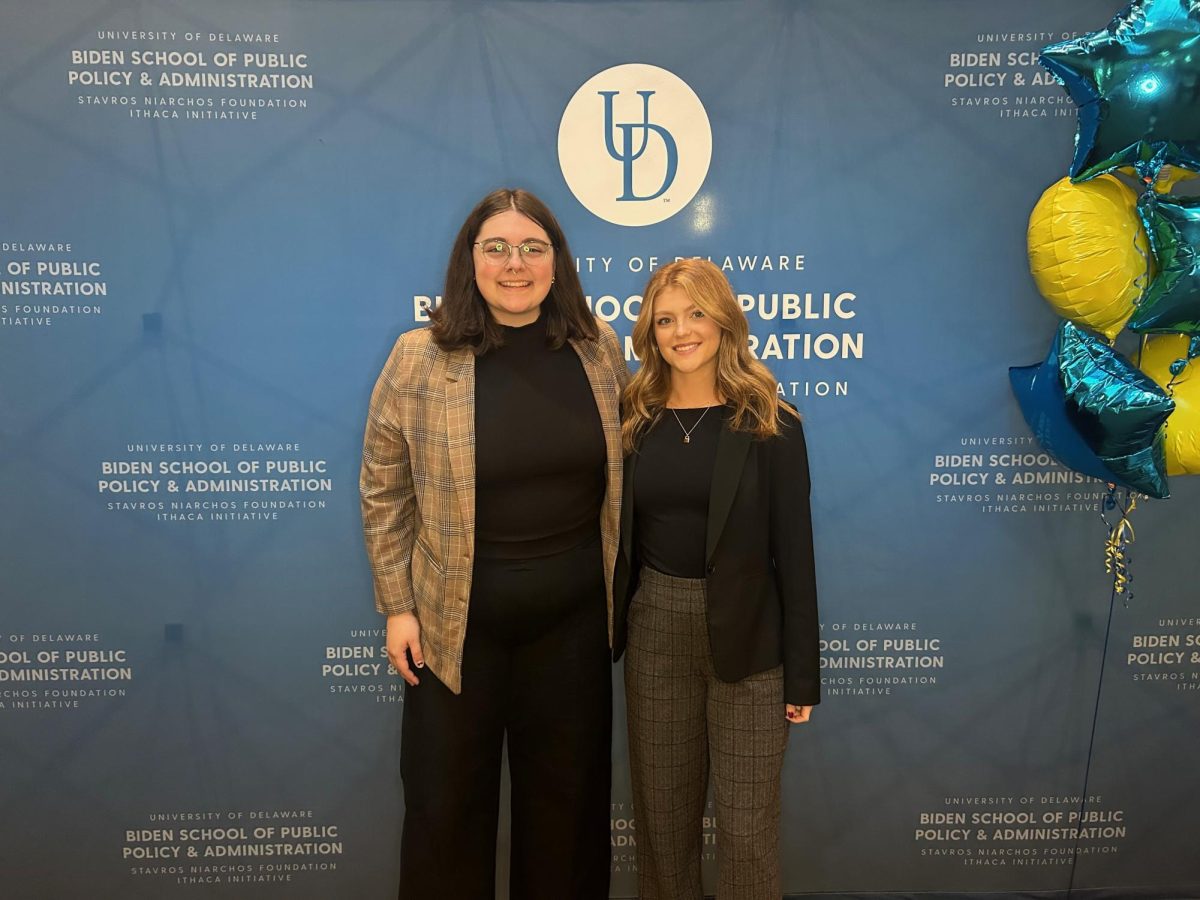Presenter Taghreed Abu Sarhan spoke about women in the Arab world at the Women’s Center’s Brown Bag Lunch Series held Wednesday afternoon.
Sarhan spoke to a full room of students about what life is like for Arab women.
Women’s Center Graduate Assistant A’ame Kone, said they invited Sarhan to present because the theme of this month’s Brown Bag Series is peace around the world.
“We wanted to uncover issues in other places of the world so we could get a glimpse of what life is like for women outside of our own culture,” Kone said. “We wanted to give students a more cultural perspective. What we might consider to be oppression or segregation between men and women in other countries could be considered women’s liberation to those who belong to the culture.”
Kone said it was evident to her that people are interested in the Arab world and are curious about what life is like for women in the Middle East because it was the highest attendance record for a brown bag event.
“I think students are fascinated to learn that what may be taboo to us, can be considered perfectly normal somewhere else,” she said.
Sarhan is from Jordan, located next to Saudi Arabia in the Middle East, and spoke mostly about her experiences of being a Muslim woman in Jordan and the United States.
“If a man was caught doing the dishes by his mother or his sister, his manhood would be questioned,” she said. “Men do not assume this role, at least the majority do not, because it goes against the culture.”
Sarhan said that women assume these roles because if a man did them, he would be ridiculed.
“Women in the Islam religion are given the role of running the household,” she said. “Women are in charge of spending the money her husband makes on school, food for the children and more. They do not sit, veiled, doing nothing, like how some Americans think.”
Sarhan said not all women have to wear a veil, and the women who do decide to wear veils should not be mistaken that they are doing so because they are very religious. Women wear veils mainly for protection.
“Women are to be considered modest and polite,” she said. “With a veil on, no men can see your hair, your body or look at you in a sexual way, which prevents them from being attacked.”
Islam is not the only religion that uses or used veils. Christian and Jewish women wore veils in the past. Since using a veil is in the Koran, Islamic women practice it more.
Students asked Sarhan if women were allowed to have boyfriends or relationships before they are married. They were also curious about other things not considered acceptable for women in Jordan to do that are considered acceptable in the United States.
“Women in the Arab world are under a lot of pressure to protect their reputation and their virginity until marriage,” Sarhan said. “Women can have boyfriends before they are married, but to protect the woman’s reputation, the relationship must be kept a secret. Women can be killed for having intercourse before marriage if a man finds out about it. Even rumors of a woman being promiscuous can lead to her execution for tainting her family’s reputation.”













